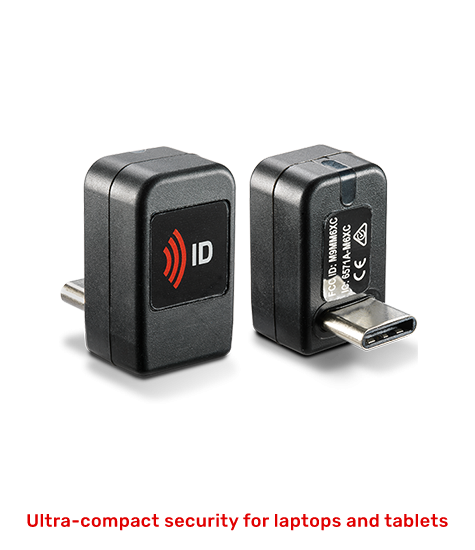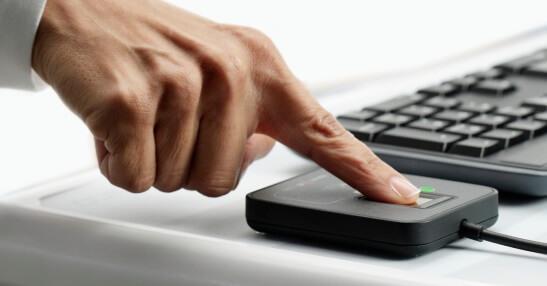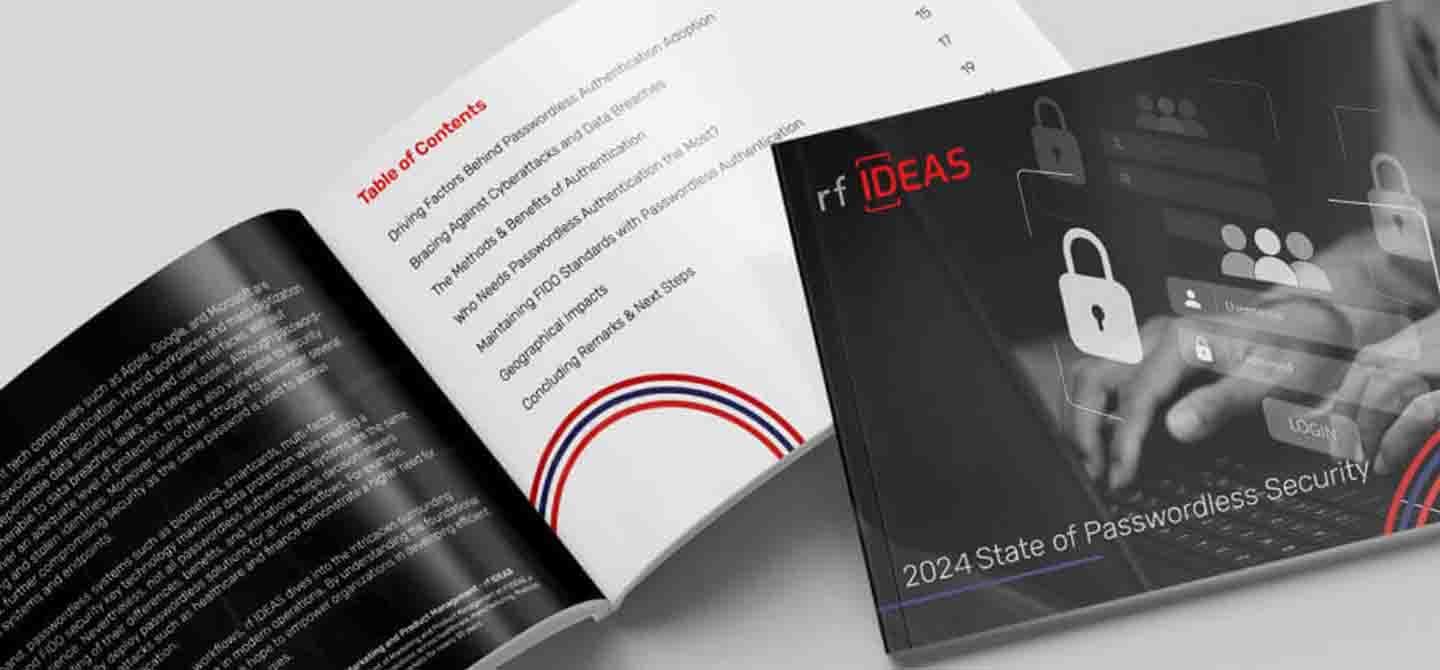What Is Single Sign-On for Healthcare?
Single sign-on (SSO) authentication for healthcare is a security framework that allows healthcare professionals to access multiple applications and systems with a single set of credentials. Instead of managing separate usernames and passwords for each application, users authenticate once and gain seamless access to all necessary resources. SSO solutions ideally use a secure credential reader to streamline employee experience and boost security.
In healthcare, SSO solutions integrate with a wide range of systems, including electronic health records (EHRs), medical imaging platforms and patient management systems. By reducing the need for repeated logins, SSO improves efficiency and minimizes the risk of password-related security breaches in an environment where quick and secure access to patient data is essential for delivering timely and effective care.
Why Single Sign-On for Healthcare?
Implementing SSO in healthcare strengthens security, avoids the high costs associated with data breaches and optimizes operational efficiency. Simplifying access management with SSO and a credential reader from rf IDEAS fortifies the system's defenses against cyberthreats and allows healthcare providers to dedicate more time to patient care rather than dealing with multiple logins.
In 2023, more than 540 healthcare organizations reported data breaches to the Department of Health and Human Services’ Office for Civil Rights.1
The average cost of a healthcare data breach was nearly $10 million in 2024.2
Healthcare providers log into systems an average of 70 times a day. 3
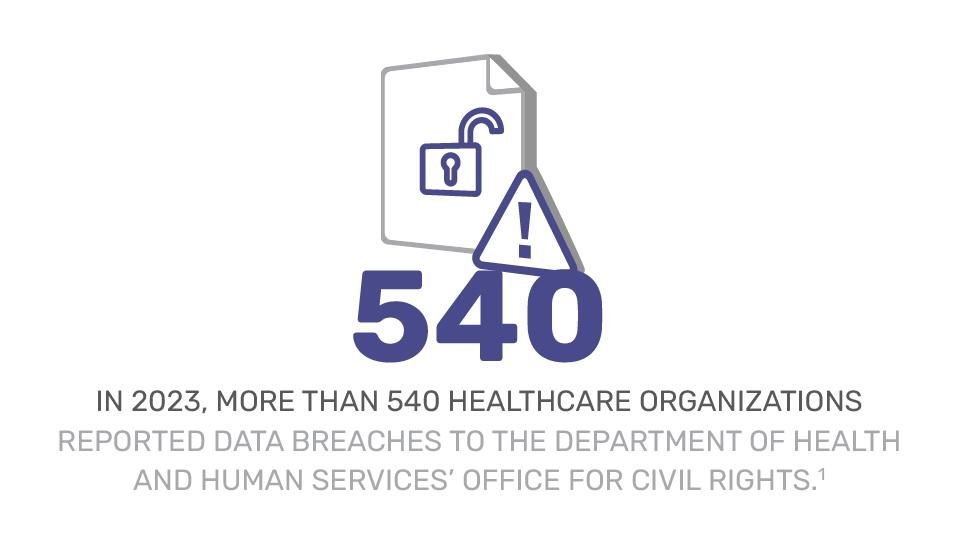
Enhance data security
SSO for healthcare bolsters data security by centralizing authentication, reducing the risk of password-related breaches. Managing fewer credentials allows healthcare organizations to implement multi-factor authentication (MFA) and other advanced security measures more effectively. With SSO, you can safeguard sensitive patient data, better meet stringent regulatory requirements like HIPAA and ensure secure access to critical systems.
Improve compliance and auditability
By providing a centralized system for tracking and managing user access, SSO makes it easier for your organization to monitor, audit and report on access to sensitive information. Streamlined reporting and better oversight of access controls contribute to a more secure and compliant healthcare environment.
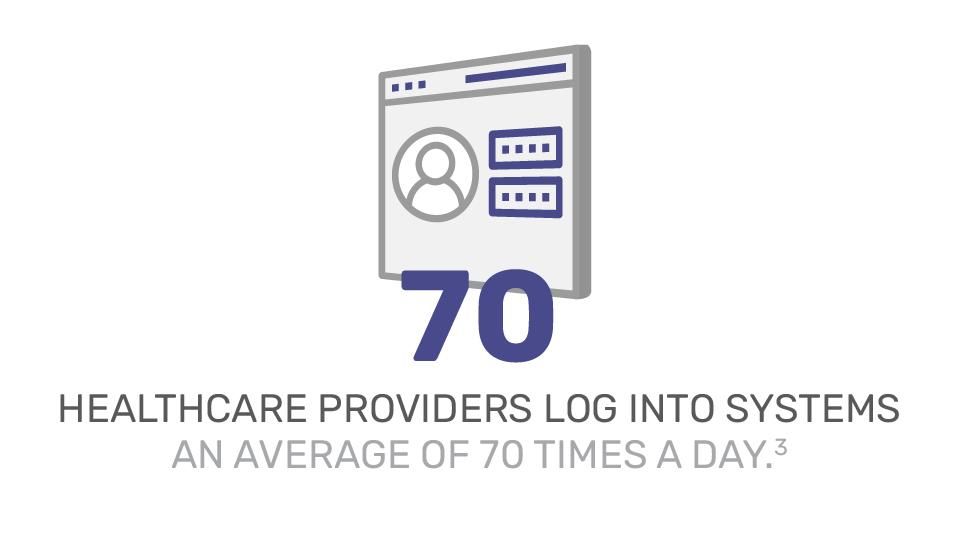
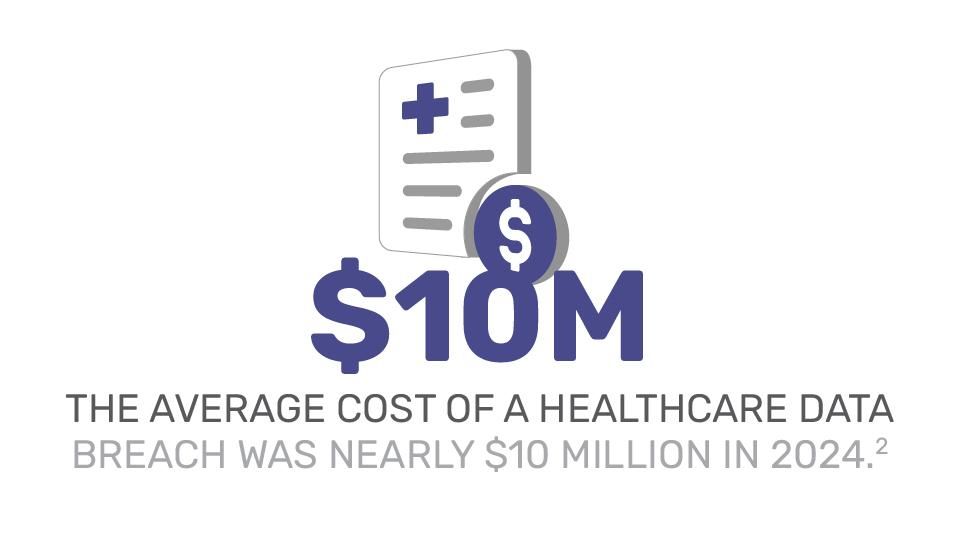
Optimize workflow efficiency
With SSO authentication, healthcare professionals can access multiple applications with a single login. Eliminate the need to remember and enter multiple passwords, and you can save valuable time and reduce password-related frustration. By simplifying access to essential tools and systems, SSO enhances overall productivity and elevates the quality of service delivery in healthcare settings.
Frequently Asked Questions About SSO for Healthcare Settings
Curious about how SSO can improve security, maintain compliance or integrate with your current systems? We've compiled answers to some of the most common questions about SSO authentication in healthcare settings.
What are the most common ways healthcare organizations use SSO?
Healthcare organizations commonly use SSO to streamline access to electronic health records (EHRs), enable secure workstation login and facilitate seamless access to various clinical applications. SSO is also frequently employed to protect sensitive patient data, reduce the time healthcare providers spend logging into multiple systems and enhance workflow efficiency in high-pressure environments like hospitals and clinics.
How does SSO improve compliance with healthcare regulations like HIPAA?
SSO maintains compliance with regulations like HIPAA by centralizing and strengthening control over access to sensitive patient data. By requiring users to authenticate through a single, secure portal, SSO reduces the risk of unauthorized access and ensures that only authorized personnel can view protected health information (PHI). Additionally, SSO simplifies auditing and reporting processes, making it easier for healthcare organizations to demonstrate compliance with HIPAA's security requirements.
Can SSO be integrated with existing healthcare systems and applications?
Yes, SSO can be seamlessly integrated with existing healthcare systems and applications. rf IDEAS provides the development tools, protocol support, credential-compatible reader technology and industry-specific expertise required to engineer a tailored SSO solution for your organization. Contact us and we’ll help you find the right partner to integrate our readers with your existing infrastructure.
Imprivata: A Partnership for Healthcare Security
Clinicians typically enter passwords up to 70 times daily to access secure workstations and applications. Imprivata’s Enterprise Access Management authentication solution revolutionizes this process with tap-and-go access, saving valuable time and enhancing security.
Discover Comprehensive SSO Healthcare Solutions
Contact us today to find out how our SSO solutions can transform your healthcare organization by strengthening security, improving efficiency and ensuring regulatory compliance.

1. TechTarget, “This Year’s Largest Healthcare Data Breaches”
2. IBM, “Cost of a Data Breach Report 2024”
3. Imprivata, “A Partnership for Healthcare Security”




